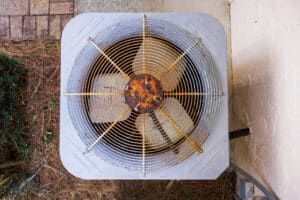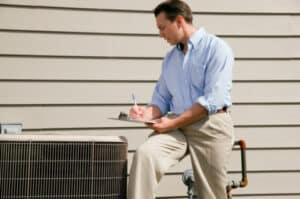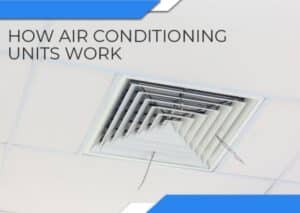
The Dangers of Counterfeit R-22
Incidents of counterfeit R-22 are on the rise—with dangerous and costly results. MightyServ cares about our clients, and we want to ensure they have the best information available. Consider the following before buying or recharging an AC unit. Learning About R-22 R-22 is the refrigerant inside many air conditioning units; the refrigerant is composed of liquids and gases with cooling properties. The refrigerant has a negative impact on the ozone layer when emitted from cooling units. As a result, the government mandated that production must slow down and come to a halt by 2020. Recycled R-22 will remain legal after the cutoff. However, timeframe of the completed phase-out will depend on contractors turning in the refrigerant for recycling, making it difficult to determine how much will be available. Decreased availability of R-22 caused its price to soar. In 1998, a pound of R-22 cost about $10, but by 2013, the same amount cost approximately $50—and prices have continued to climb. Lower availability and higher costs led to a growing counterfeit industry, which presents serious risks. Understanding The Dangers Of Counterfeit R-22 Counterfeit R-22 usually contains combinations of hydrocarbons that make it flammable. Fake versions of the approved alternative R410 (M099








